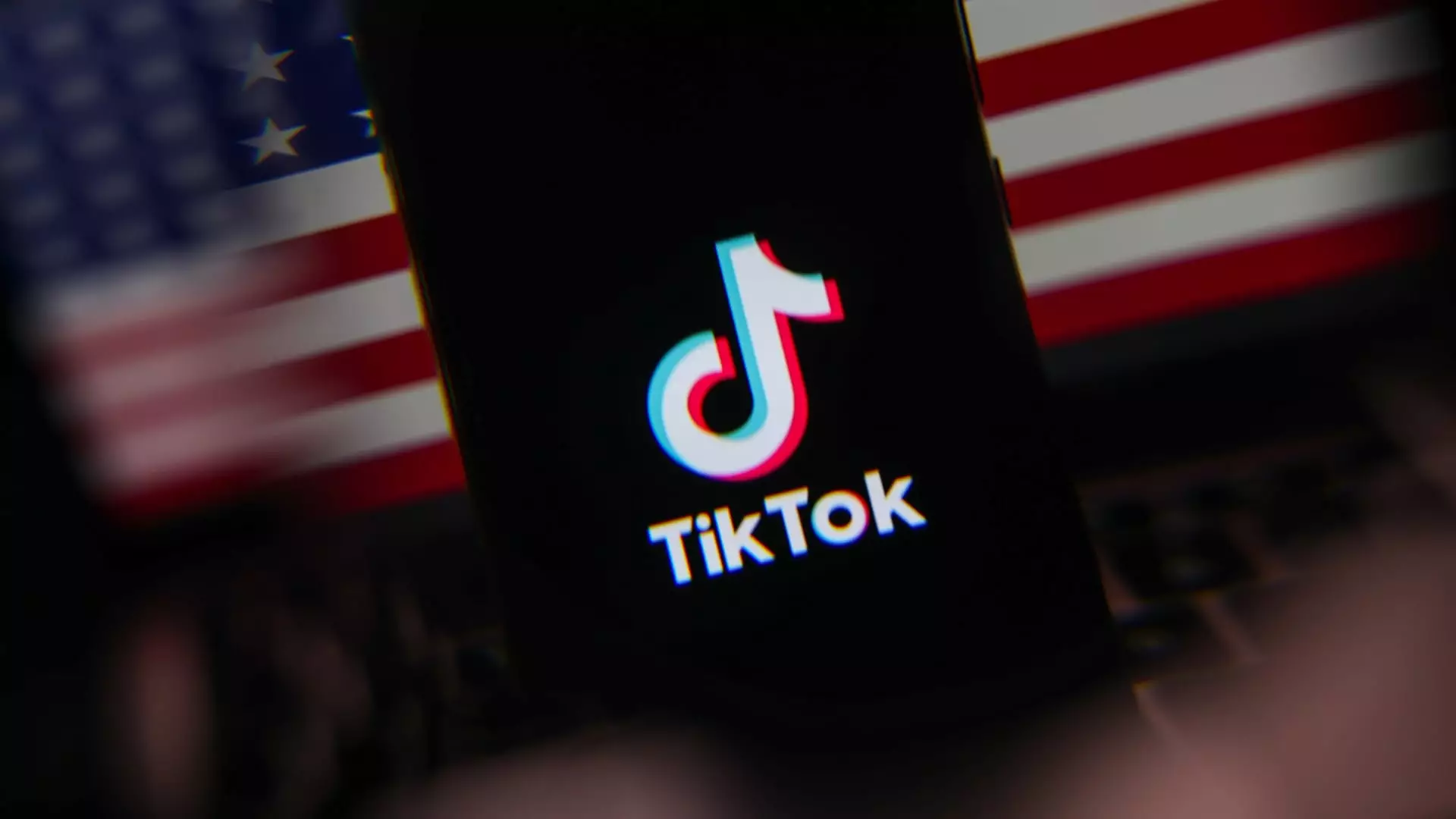On a recent Thursday evening, TikTok made a significant comeback, reappearing in both the Apple App Store and Google Play. This return came after a tumultuous period that began on January 18, when the app was removed shortly after its leadership momentarily ceased operations in the United States. This drastic move was in direct response to a national security law poised to take effect the following day, adding a layer of complexity to the app’s already controversial standing in the U.S. market.
The backdrop of TikTok’s reemergence is marked by the stringent Protecting Americans from Foreign Adversary Controlled Applications Act—a law signed by former President Biden in April. This legislation compelled ByteDance, TikTok’s Chinese parent company, to divest its U.S. operations by January 19 or face a complete prohibition of the app. TikTok contended that this requirement violated the First Amendment rights of its roughly 170 million users in America. However, the U.S. government asserted that the ties between ByteDance and the Chinese government posed a substantial national security threat. The Supreme Court’s backing of the Biden administration underscored this narrative, introducing a legal battleground where the stakes couldn’t be higher.
Legal Implications and Political Acts
The Supreme Court firmly stated that divestiture was a necessary step to mitigate national security concerns regarding TikTok’s data collection practices in relation to a foreign adversary. In response, TikTok was vocal about its dissatisfaction with the ruling, indicating potential consequences for American users if the law held firm—that is, an ultimatum to shut down operations unless the government intervened. This complex interplay of legal mandates and corporate maneuvering culminated in President Trump delaying the enforcement of the ban, suggesting a desire for a more cooperative approach to ownership in the U.S.
In a surprising twist, Trump proposed that the United States should hold a 50% stake in a joint venture aimed at preserving TikTok’s presence in the country, asserting that this arrangement would ensure the app is managed responsibly while safeguarding the interests of American users. This politically charged solution reveals not only the intricate relationship between social media platforms and governmental oversight but also public sentiment surrounding the app’s importance in the digital age.
Public Reception and Market Trends
Despite facing removal from app stores and the accompanying controversies, TikTok demonstrated a remarkable resilience, reportedly recapturing around 90% of its pre-issue user traffic shortly thereafter. This rebound highlights the magnitude of TikTok’s entrenched place in American culture, which extends beyond entertainment to aspects of social interaction and information dissemination.
As individuals increasingly turn to the app for creative expression and connection, the consequences of legislative decisions loom large. The dialogue surrounding TikTok serves as a poignant reminder of the delicate balance between national security and technological consumerism.
The reinstatement of TikTok in major app stores not only reinstates a beloved platform but also prompts ongoing discussions. Will the legal framework around tech ownership and data privacy continue evolving? Are U.S. users prepared for further restrictions or potential changes to how foreign-owned applications operate? As TikTok regains its footing, these questions underline the dynamic nature of the contemporary digital landscape, where every swipe and click could potentially influence legislative actions in real-time.



Leave a Reply